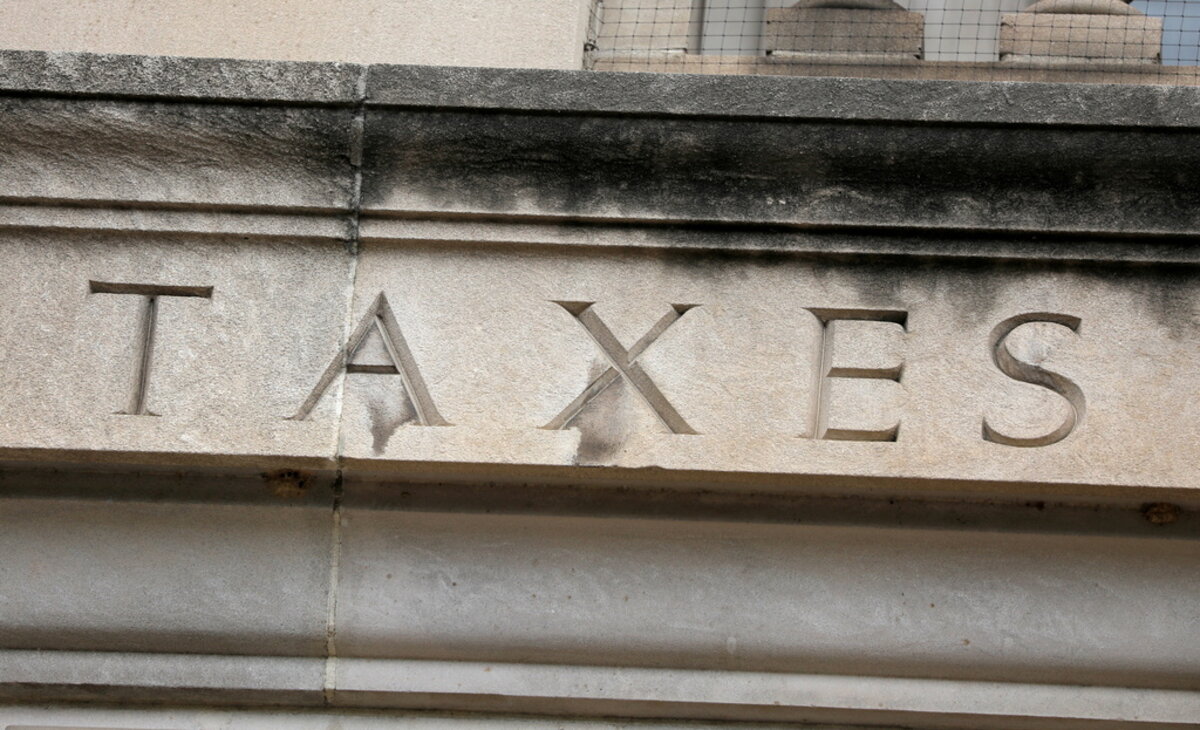This week, when President Joe Biden tells Europe that the U.S. is recommitted to its traditional leadership role, should Europe believe him? Or has America – and the world – changed?
Monitor Daily Podcast
- Follow us:
- Apple Podcasts
- Spotify
- RSS Feed
- Download
 Mark Sappenfield
Mark Sappenfield
Two days after the Israelis and Palestinians announced their recent cease-fire, Monitor reader Capt. Roger Gordon did something he’ll never forget. He baptized four members of the American military in the place where the Bible says Jesus himself was baptized.
Captain Gordon is a military chaplain posted to Kuwait, and when he was ministering to some of his soldiers in Jordan, one had an idea. She’d been waiting to be baptized for more than a year, but COVID-19 restrictions had prevented it. What if she could do it in the Jordan River?
The unrest in Israel – situated just on the other side of the river – meant the trip was in doubt until the last minute. But it went ahead with the usual armed guards on both banks. Even for Captain Gordon as a chaplain, the experience was more moving than he had imagined. “Going there – the biblical events that happened in that place – it brought them more vividly alive to me.”
The same was true for the female soldier, “who felt she could go forward with her life in a new way and with a new sense of forgiveness,” Captain Gordon said.
But for him, the event, which took place on the Christian day of Pentecost, was also a prayer for the whole region. “Baptism for me is a prayer or call to peace – about being a peacemaker,” he said. “It was a humble prayer for peace.”










